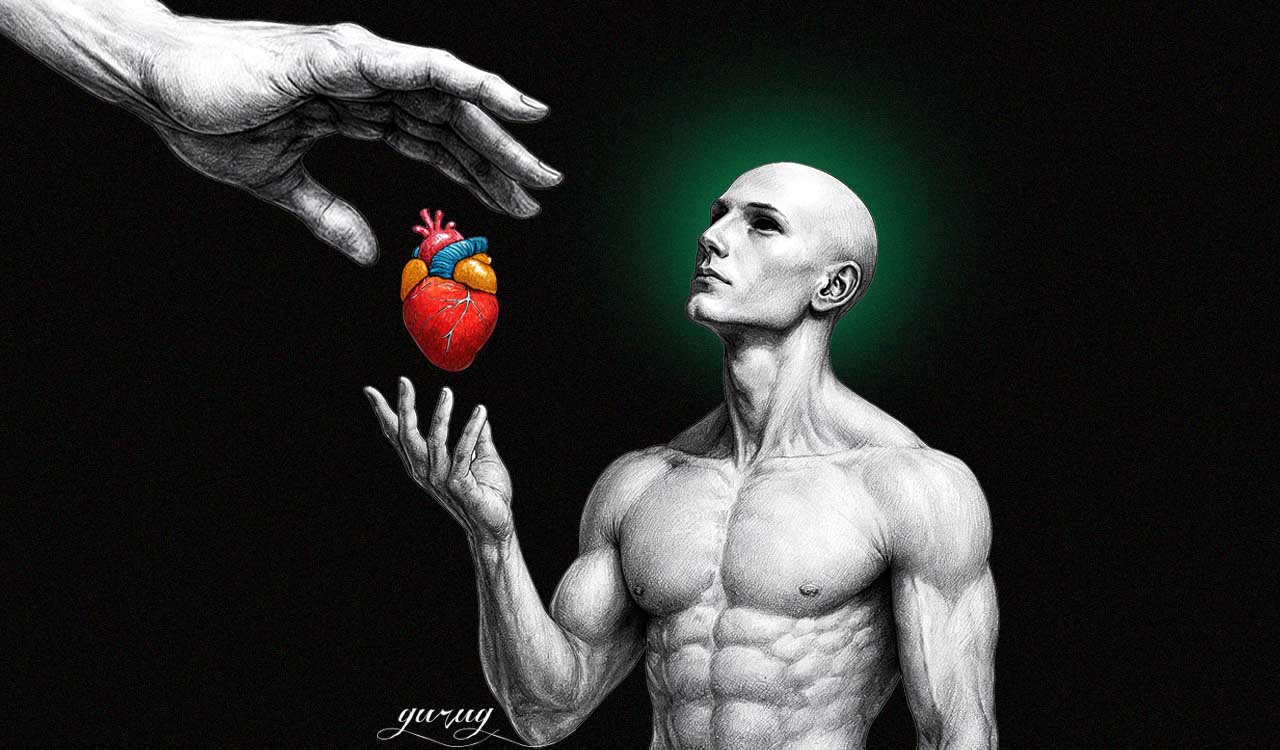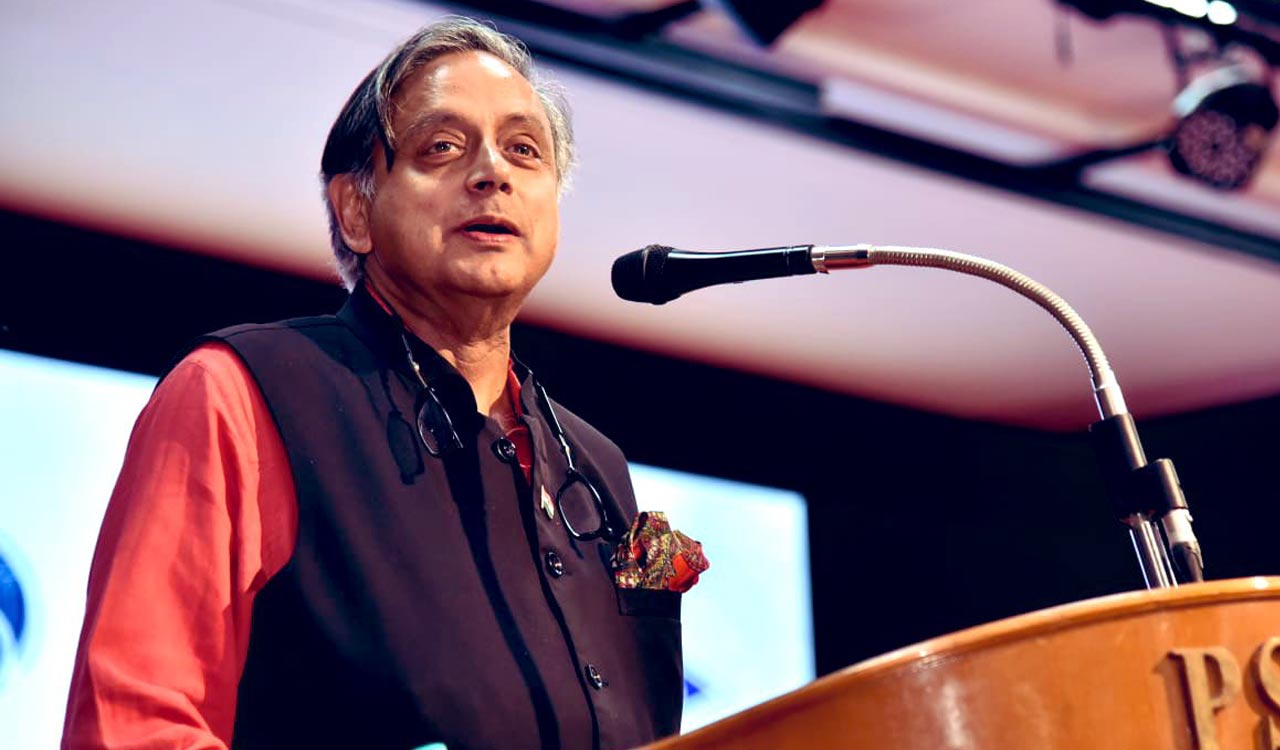There is nothing outside of the text
To make sense of the unconscious of all manner of texts – from hate speech, ads to cartoons – one needs to read carefully

In its thoughtful obit on the distinguished teacher of Literature, Professor J Hillis Miller, The New York Times cited his words at the very end:
“In the coming ages an informed citizenry in our democracy will be one that can read and think clearly about all the signs that at every moment bombard us through eye and ear. Figuring out the best ways to ensure the existence of this citizenry will be a great responsibility, but also an exhilarating opportunity.”
Having spent a lifetime imparting the joy of reading literary texts, Miller was reflecting on the necessity of reading in general and reading Literature (the upper case L signifying its institutional status) in particular. This quasi-obit takes off from Miller’s own work, notably The Ethics of Reading.
Reading Rhetoric
All reading in Literature is a reading for and of rhetoric. How is a character persuaded, discouraged or rendered passive through the words of another? Who lies and who creates imaginary situations, fantasies and make-believes in order to manipulate the social scene? How do characters misunderstand or understand each other? Where do they go wrong in “reading” signs of envy, love, hatred in other characters? The answers to these questions are to be found through acts of attentive reading: we read how characters read other characters, we overhear their conversations and detect irony, bitterness, love or dislike in their words. We are exasperated when they misread, cheer for them when they interpret correctly.
Rhetoric is the art of persuasive speech, and Literature is the art of persuasion, whether it persuades us to: despise an Iago, fall in love with a Darcy, sympathise with a Swamy battling mathematical problems or get annoyed with a Saleem Sinai. As we read the characters’ speeches, self-appraisals and accounts of others, we see through the words to deeper psychological, social and contextual structures. That is how we end up reading the world of the novel.
How is this reading of the rhetoric of a Tess or a Ronny Heaslop or Saleem Sinai radically different from reading the rhetoric of a politician, banker, publicist or film star? Understandably, poetic metaphors may not be present in these, but if we have learnt to unpack rhetoric, surely we should be able to unpack the persuasive talk, truths, half-truths and outright lies in political speeches, star autobiographies and talk-show diatribes. Engaging with words, which Literary Studies teaches, is the name of the game everywhere. Or rather, to turn to Miller’s formulation, engaging with “all the signs that at every moment bombard us”. We should, as skilled readers, be able to read distortions and fabrications – about terror threats, minority violence or economic growth – for what they are, be it in the state’s rhetoric or the corporate body. These are all exercises in language and only Literature engages with language at this intimate level.
Reading for Ideology
Literary Studies has experienced from the 1960s, an “ideological turn”, even when paying attention, as critics of the New Historicist school did, to different kinds of texts.
Ideology subsumed into aesthetics and registers of a literary text material realities. What close reading – that nice, old-fashioned mode! – shows is how aesthetic representations of the idyllic world conceals social injustice, iniquitous class relations, oppressive patriarchy and other evils. All aesthetics are, as critic Terry Eagleton argued, ideological in their subtexts, play and consequences. Whether the author chooses to side with the ideology or subtly/covertly critique it, is something we discover through reading. Ideology requires a language. And usually finds one.
Reading the realist novel of a Bhabani Bhattacharya, the extravagant epic of a Salman Rushdie or the wordless graphics text of a Hush, means exposing ourselves to the toxicity of the zamindari-system in all its “benevolence”, the fragility of a “cosmopolitan” and the horror within a picture-perfect family. Ideological criticism, aligned usually with “critical thinking” (now a trendy discipline), produces the informed citizen who is necessary today.

Juridical Unconscious
Now, let us cast an eye on that most practical of rhetorical acts: judicial pronouncements and the law. Studies document how the best judgements have cited widely from Literature to make, reinforce or question a point of the law. Occasionally dismissed as “embellishments”, these citations represent the judge’s ability to foreground her/his reading within the context of the law, to demonstrate a maxim already encoded in Literature and to show how the law, like literature, is about rhetoric.
Justice Markandey Katju has been known to cite Ghalib. A 2007 Rajasthan High Court judgement cited John Milton’s classic Areopagitica to make the point about freedom. The judgement decriminalising Section 377 cited Oscar Wilde, William Shakespeare, Vikram Seth and others. Most recently, the Supreme Court ruling on communications restrictions in Kashmir began with arguably the most famous opening lines in English Literature, from Charles Dickens’ A Tale of Two Cities:
“It was the best of times, it was the worst of times, it was the age of wisdom, it was the age of foolishness, it was the epoch of belief, it was the epoch of incredulity, it was the season of Light, it was the season of Darkness, it was the spring of hope, it was the winter of despair, we had everything before us, we had nothing before us, we were all going direct to Heaven, we were all going direct the other way – in short, the period was so far like the present period, that some of its noisiest authorities insisted on its being received, for good or for evil, in the superlative degree of comparison only.”
Evidently, the juridical unconscious is full of literary allusions, characters and quotes. Something in their reading of these texts enables the judges to enunciate their pronouncements, with their profound impact on the lives of millions, not just evocatively but also precisely. These are not embellishments: they are rhetorical acts that call to the collective unconscious, as Literature has done for centuries.
Even the unconscious, argued a psychoanalyst, is structured like a language: and in order to make sense of the unconscious of all manner of texts – from hate speech to seductive advertisements to polemical cartoons – one needs to read. Miller in his 30-plus books demonstrated through an attention to language, excavating meanings, unravelling rhetoric and deciphering codes, how language constructs realities and the experience of those realities.
A life lived in language, Miller’s provocations and exhortations to read, and read closely for life’s sake, for democracy’s sake, added the literary gravitas to the dictum of the French philosopher Jacques Derrida: “there is nothing outside of the text”.
(The author is Professor, Department of English, University of Hyderabad)
Now you can get handpicked stories from Telangana Today on Telegram everyday. Click the link to subscribe.
Click to follow Telangana Today Facebook page and Twitter .
Related News
-
Telangana HC hears plea over alleged extortion bid to withdraw PIL
5 hours ago -
Telangana HC quashes cases against Osmania University Arts College principal
6 hours ago -
Telangana to train 800 farmers as vegetable cultivation volunteers
6 hours ago -
Telangana CEO steps up training for officials ahead of April electoral roll revision
6 hours ago -
Manthani Sub-Registrar, document writer caught taking bribe
6 hours ago -
Four-day State-level archery competitions begin in Khammam
6 hours ago -
Jakub Mensik stuns Jannik Sinner to set up semi-final with Fils
6 hours ago -
Three court staffers held in Bhupalpally bribery case
6 hours ago




